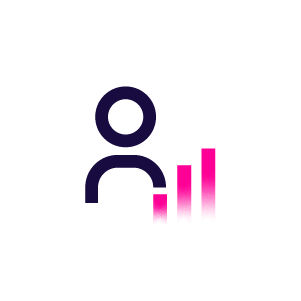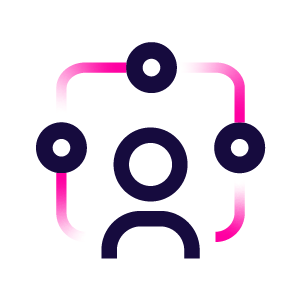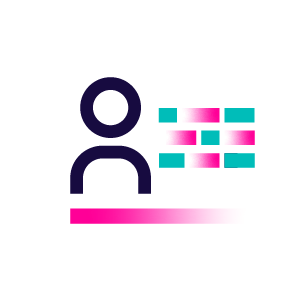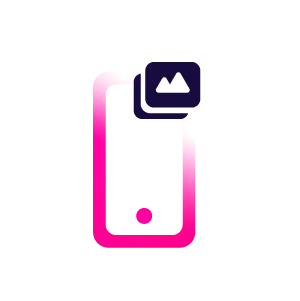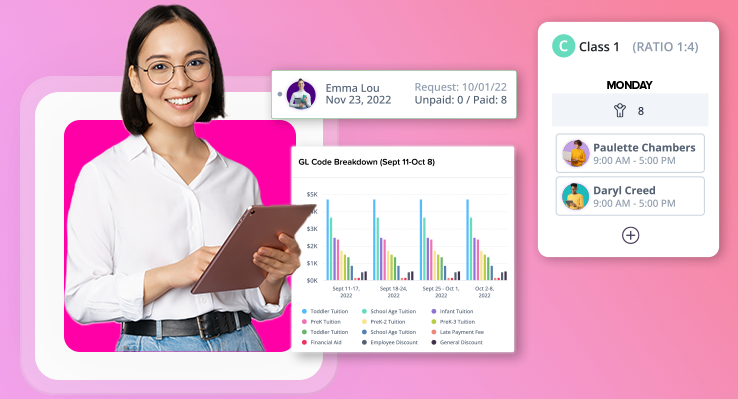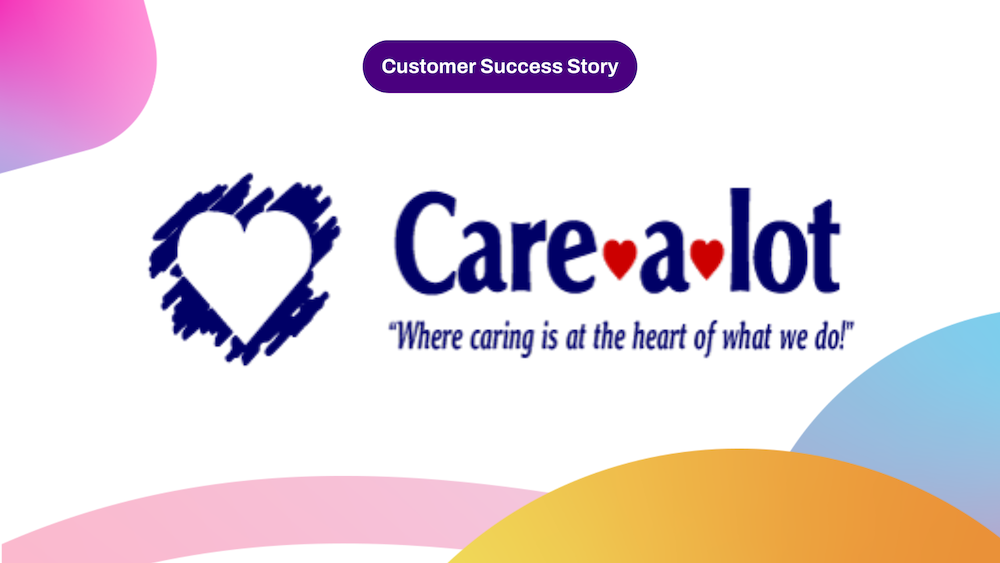In early childhood education, there are a variety of curriculum options to choose from. These range from traditional to digital curriculums, both with their own pros and cons.
Traditional curriculums include Teaching Strategies, Frog Street, BankStreet and HighScope and typically have a structured framework backed by research but can be expensive and time-consuming. Digital curriculum tools, like Kangarootime Educator, include online lesson planning, lower cost and implementation, and increased flexibility but are not as structured.
In this article, we’ll dive into the differences between these curriculums, identifying the pros and cons to help you decide which option is right for your childcare center.
Traditional Curricula: Teaching Strategies, Frog Street, BankStreet and HighScope.
Pros:
Comprehensive, Structured Framework:
Curricula like Teaching Strategies (e.g., Teaching Strategies GOLD), Frog Street, and Play to Learn often come with well-structured, comprehensive guides that cover all areas of early childhood development (cognitive, social, emotional, physical).
These programs tend to offer detailed lesson plans, activities, and resources, ensuring that educators can deliver a well-rounded learning experience.
Research-Based and Standards-Aligned:
Many of these curricula are designed to align with state and national standards (e.g., Head Start Performance Standards, NAEYC, Common Core), making them a solid choice for ensuring children meet developmental milestones.
They are often based on research in early childhood education, with an emphasis on play-based learning and fostering a positive social-emotional environment.
Professional Development and Support:
Providers like Teaching Strategies and Frog Street often offer professional development resources and workshops to help teachers implement the curriculum effectively.
Teachers have access to support through community networks and instructional guidance.
Focus on Social-Emotional Learning (SEL):
These curricula emphasize fostering emotional intelligence, social skills, and self-regulation—key components in early childhood education.
They incorporate SEL into both structured lessons and playtime, promoting the development of empathy, communication, and conflict resolution.
Cons:
High Costs:
Traditional curriculums come with a high cost, upwards of $500-$1000 per month.
Requires Significant Time and Effort:
While structured, these curricula often require teachers to spend significant time preparing lessons, gathering materials, and managing the implementation of activities.
In a busy classroom environment, this can be a challenge without adequate planning time or staff support.
Material and Resource-Intensive:
Some programs, like Frog Street, may require purchasing physical materials (books, toys, manipulatives) and equipment that can add to costs.
Teachers may also have to source additional resources themselves, which can be a barrier in resource-constrained settings.
Potential for Rigidity:
While these curricula are flexible, they can also feel prescriptive in some cases, limiting teachers' ability to fully adapt to the needs or interests of their individual students.
In some settings, the pace and scope of these programs may not match every child’s developmental readiness.
Can Be Less Technologically Integrated:
Traditional curricula are often less digitally integrated compared to newer platforms, meaning they might not support real-time tracking of student progress, digital portfolios, or communication between educators, parents, and students.
Digital Platform: Kangarootime Educator
Pros:
Fast Onboarding
Educator is a self-onboarding tool that requires little to no training. It’s ease-of-use and fast setup is ideal for providers with busy schedules and limited resources. It’s also accessible on a phone, tablet, or computer so you have access to resources whenever and wherever.
Cost-Effective
Childcare centers without the tools and capabilities to implement a structured curriculum may prefer Educator due to its cost. Compared to traditional curriculums, Educator costs about 15% of what a traditional curriculum costs.
Continuously Improving and Standards-Aligned
Educator’s platform continuously learns and improves from AI-sources, giving educators relevant, cutting-edge resources. Additionally, Educator aligns to state standards to ensure lesson plans, activities, and advice are appropriate and compliant.
Flexibility
Educator allows quick and easy lesson-planning in an instant. This allows teachers to create relevant activities with the click of a button, taking advantage of learning moments. This creates a more flexible learning environment for teachers and children.
Paperless Option
It eliminates much of the paper-based processes that traditional curriculums might require (e.g., lesson planning, reporting forms), saving time, reducing waste, and contributing to a more eco-friendly environment.
Cons:
Less Structured Resources
Compared to a traditional curriculum, Educator has less structured resources and lesson-planning. With a traditional curriculum, schools may have physical materials and planned activities. With Educators, teachers create their own plans and activities based on chosen themes.
Limited Tooling
Educator combines automated lesson-planning, activity generation, and a virtual coach. With these tools, educators can find answers, examples, and more for their classroom, however, some may prefer more guided and in-depth resources when it comes to behavioral support, observations, and reporting.
Reliance on Technology
Educator is a virtual platform so users must rely on its technology. However, users can generate and print weekly lesson plans and on-demand activities for continued access.
Conclusion:
- Traditional Curricula (like Teaching Strategies, Frog Street, Play to Learn) are well-established and provide a rich, hands-on educational experience with a focus on developmental milestones, play-based learning, and social-emotional growth. These curricula are ideal for educators who want a structured framework and resources for delivering lessons but may require significant time, materials, and effort to implement effectively.
- Kangarootime Educator is a digital platform that excels at automated lesson-planning, activity generation, and on-demand virtual support but may lack the depth of educational content and curriculum structure that a traditional program provides. It’s best suited for environments where cost efficiency, time-savings, and simplicity are prioritized.
